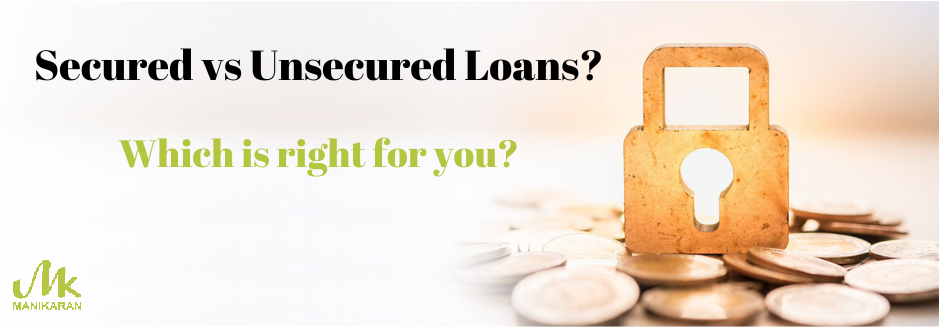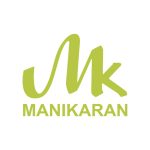"Secured vs. Unsecured Personal Loans: Which is Right for You?"
Personal loans are a great way to get the funds you need for a variety of purposes, whether it’s consolidating debt, making a big purchase, or covering unexpected expenses. However, there are two main types of personal loans: secured and unsecured. Each type has its pros and cons, so it’s important to understand the differences and decide which one is right for you.

Secured Personal Loans
A secured personal loan requires you to provide collateral, which is usually an asset that you own, such as a house, car, or savings account. The collateral is used to secure the loan, which means that if you default on the loan, the lender can seize the collateral to recoup their losses.
Pros:
Lower interest rates: Since the lender has collateral to secure the loan, they are taking on less risk. As a result, secured loans typically have lower interest rates than unsecured loans.
Higher loan amounts: Because the lender has collateral to fall back on, they may be willing to lend you more money than they would with an unsecured loan.
Easier to get approved: If you have a poor credit score or no credit history, a secured loan may be easier to get approved for since the lender has collateral to fall back on.
Cons:
Risk of losing collateral: If you default on the loan, the lender can seize the collateral. This means that if you put up your house as collateral and can’t make your payments, you could lose your home.
Longer application process: Since the lender needs to appraise the value of your collateral, the application process for a secured loan may be longer than an unsecured loan.
Limited options for collateral: Not everyone has valuable assets to use as collateral, which means that secured loans may not be an option for everyone.
Unsecured Personal Loans
An unsecured personal loan does not require any collateral. Instead, the lender will evaluate your credit score, income, and other factors to determine if you qualify for the loan.
Unsecured Personal Loans
An unsecured personal loan does not require any collateral. Instead, the lender will evaluate your credit score, income, and other factors to determine if you qualify for the loan.
Pros:
No risk of losing collateral: Since there is no collateral involved, you won’t lose any assets if you can’t make your payments.
No need for collateral: If you don’t have any valuable assets to use as collateral, an unsecured loan may be your only option.
Faster application process: Since there is no collateral to appraise, the application process for an unsecured loan may be faster than a secured loan.
Cons:
Unsecured personal loans can be a convenient way to obtain funds without collateral, but they often come with higher interest rates compared to secured loans. This is because lenders are taking on more risk by not having any asset to fall back on in case of default. Additionally, unsecured loans may have stricter eligibility criteria and shorter repayment terms, leading to higher monthly payments. Borrowers with poor credit scores may also face even higher interest rates and fees, making unsecured personal loans a costly option. It is important to carefully weigh the pros and cons and consider alternative financing options before taking out an unsecured personal loan.
Deciding whether a secured or unsecured loan is right for you depends on your individual financial situation and borrowing needs.

